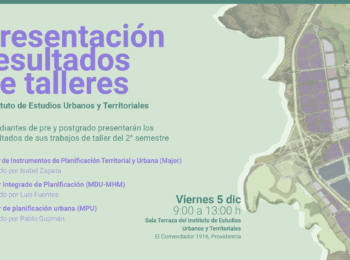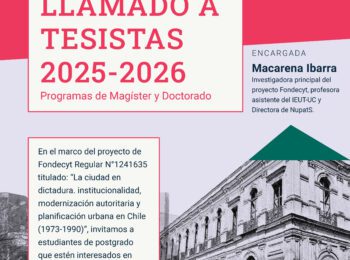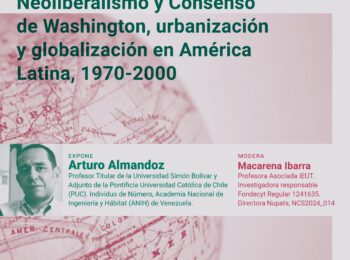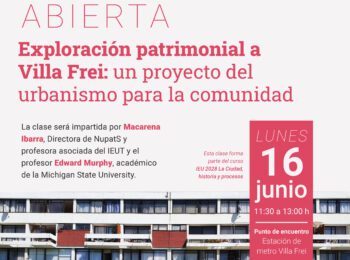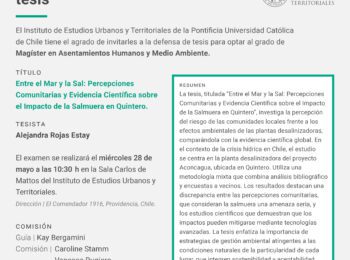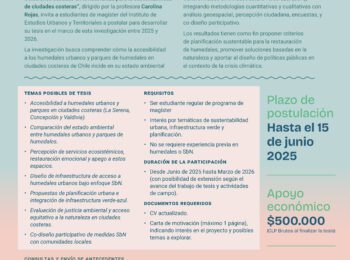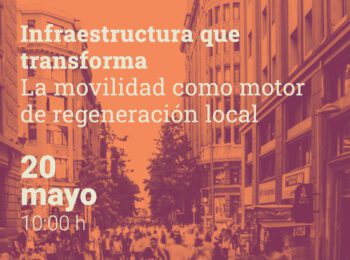
Martes 8 de noviembre 13 H
La vivienda y otras formas de precariedad expuestas por la pandemia de COVID-19 tienen sus raíces en décadas de políticas neoliberales, patriarcales y coloniales que han privilegiado y realzado la vivienda como un activo para el intercambio en lugar de un derecho o parte de una infraestructura de cuidado más amplia. Sin embargo, las cargas de la precariedad de la vivienda no se comparten por igual.. Estas disparidades y la precariedad de la vivienda relacionada se vieron profundamente amplificadas por la pandemia. Al mismo tiempo, han proliferado nuevas intervenciones e inversiones durante la pandemia, y las posibilidades de transformación a menudo surgen en tiempos de crisis.
Housing and other forms of precarity exposed by the COVID-19 pandemic, but are rooted in decades of neoliberal, patriarchal, and colonial policies that have privileged and heightened housing as an asset for exchange rather than a right or part of broader caring infrastructure. Yet Burdens of housing precarity are not evenly shared. Gendered and intersectional disparities shape vulnerabilities and experiences around shelter and survival in cities. These include uneven caring burdens, gender based violence, income and wealth inequality, health and disability differences, and unequal representation and political power. These disparities and related housing precarity were deeply amplified by the pandemic.
At the same time, new interventions and investments have proliferated during the pandemic, and possibilities for transformation often bubble up during times of crisis. A range of collective, intersectional, and community led housing strategies have emerged, along with calls for ‘housing as infrastructure.’ These strategies may hold hope for addressing housing challenges of diverse women and for cultivating communities centered on collectivity and care.
Presenta
Brenda Parker
Brenda Parker is an Associate Professor of Urban Planning and Policy at the University of Illinois Chicago. Her research lies at the intersection of geography and urban planning, and is informed by critical feminist theories. Her work seeks to understand gender, race, and other power relations in cities, governance, and knowledge production. Broadly she is interested in urban equity and endeavors to build more just, restorative, and inclusive communities. In this vein, her research engages with topics such as neoliberal governance, racial capitalism, feminist political economy, affordable housing, governance, care, and activism.
Comenta: Pía Montealegre | Universidad de Chile
PRESENCIAL – Cupos limitados previa inscripción
Salón Sergio Larraín, Campus Lo Contador UC
Asistencia incluye almuerzo
Inscríbete aquí


